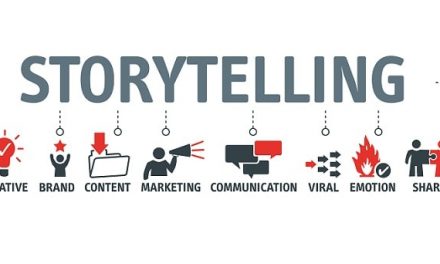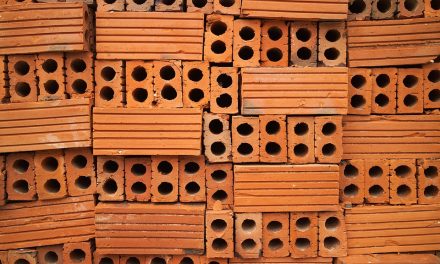I believe homeownership is one of the most foundational things anyone must aim for. Interestingly, especially in Zimbabwe, most people tend to not put it on their priority list. You will most likely come across scenarios where someone drives a fancy expensive car, wears fancy expensive clothes, spends money lavishly but without a house (preferring to rent). Even when someone gets their first significant windfall they tend to not think of homeownership. It is a given that the Zimbabwean economy is mercurial but homeownership will always be a pertinent thing. In this article, I shall discuss some of the major homeownership options in light of the Zimbabwean context.
Constructing A House
If you do a general sweep across Zimbabwe you will notice there is literally a construction boom. If you have not travelled to certain parts of the country in years you will be shocked by the change of scenery. I reside in Masvingo and one good example is Zimre Park. Just a few years ago Zimre Park was virtually just a vast openness. Yet today the place is sprawling with new houses and still counting. Evidently putting money into building one’s own house seems to be a favourite amongst Zimbabweans.
I guess one of the reasons is the freedom of doing things at your own pace. Basically, it all starts with purchasing the stand which once done means it up to you. Some start with just a small house and gradually build up from there over several years. Thus if you are someone with access to regular significant income you can explore building your own house. I have noticed that the number of service providers in the construction domain has spiked. This means there are many options to choose from which means you can get very good deals.
There is, of course, some level of risk involved especially when you look at the recent spate of demolitions. I can give reference to the recent ones that were done in Melfort in Mashonaland Central. It turns out there was a standing dispute of land ownership and those who had bought stands and done construction there suffered as a result. Thus, getting a stand and then getting your house constructed can be a great avenue but the risk is involved. One of the challenges is that relevant offices are now mostly manned by corrupt officials. This means you can actually get all the paperwork yet all of it being fake. It really requires serious due diligence to pursue this route of building a house nowadays in Zimbabwe.
Buying A House – Peer To Peer
Then we have this option where one can buy a house from the other. I know of many people who have successfully gone down this path. I have seen examples where someone sells their house maybe because they are moving out of the country. I have also seen other examples where someone decides to sell their house because they have a financial emergency. You can actually get a good deal from such scenarios.
However, it is important to also do due diligence. I have seen cases where someone sells a house that is not theirs. For example, someone relocated overseas and left their house in the care of a relative. The relative at some point then decided to sell the house without the owner’s knowledge. When they finally found out the relative had already closed the deal and spent the money. It ultimately created a very murky situation so you must ensure the person selling you is actually the real owner. Due diligence is not just merely that they can avail title deeds and the like. Remember that such documents can be forged so it takes more than just the paperwork per se.
Housing Schemes
There are also several housing schemes that you can consider as well. The nature of a housing scheme is not cast in stone as that varies from scheme to scheme. Some housing schemes might entail you having relaxed payment terms from getting the stand to building the house. Other schemes might entail getting to buy partially finished houses or even fully built houses. So basically there are several types of housing schemes you can explore. Some housing schemes can be specifically targeted at civil servants. Some can be specifically targeted at women, senior citizens, and so on. Again due diligence is of utmost importance since the possible pitfalls of constructing a house or buying from a peer apply.
Exploring Mortgages
A mortgage is simply a loan you get for either buying or maintaining a piece of real estate e.g. a house. Typically you can get a mortgage from a bank. You will then pay back the loan in regular instalments, with interest, over a specified period of time (can even be 30 years). There are so many different types of mortgages. With the conventional one you usually pay a deposit, and then you pay monthly instalments over time. An example: Property price can be US$50000. Let us say you have to pay a 5 per cent deposit – that will be US$2500. Supposing the interest rate is 4 per cent and the mortgage is 30 years long, your estimated monthly instalment would be US$325.
In Zimbabwe, it is not necessarily easy or affordable to get a mortgage. CABS is actually offering mortgages to Zimbabweans in the diaspora, with a deposit of 10 per cent. Standard Chartered also offers mortgages, up to 20 years, a deposit of 30 per cent, and a 45 per cent interest rate. They are meant for properties in Harare, Norton, Chitungwiza, Ruwa, and Christon Bank. Several local banks offer mortgages but at times people never really think about exploring that route.
What do you think is the best homeownership option in Zimbabwe? Kindly cite reasons for your answer. I know these things are largely contextual so I would love to hear your thoughts on this important subject.









How does one buy a property that is under debt collected items from the bank.